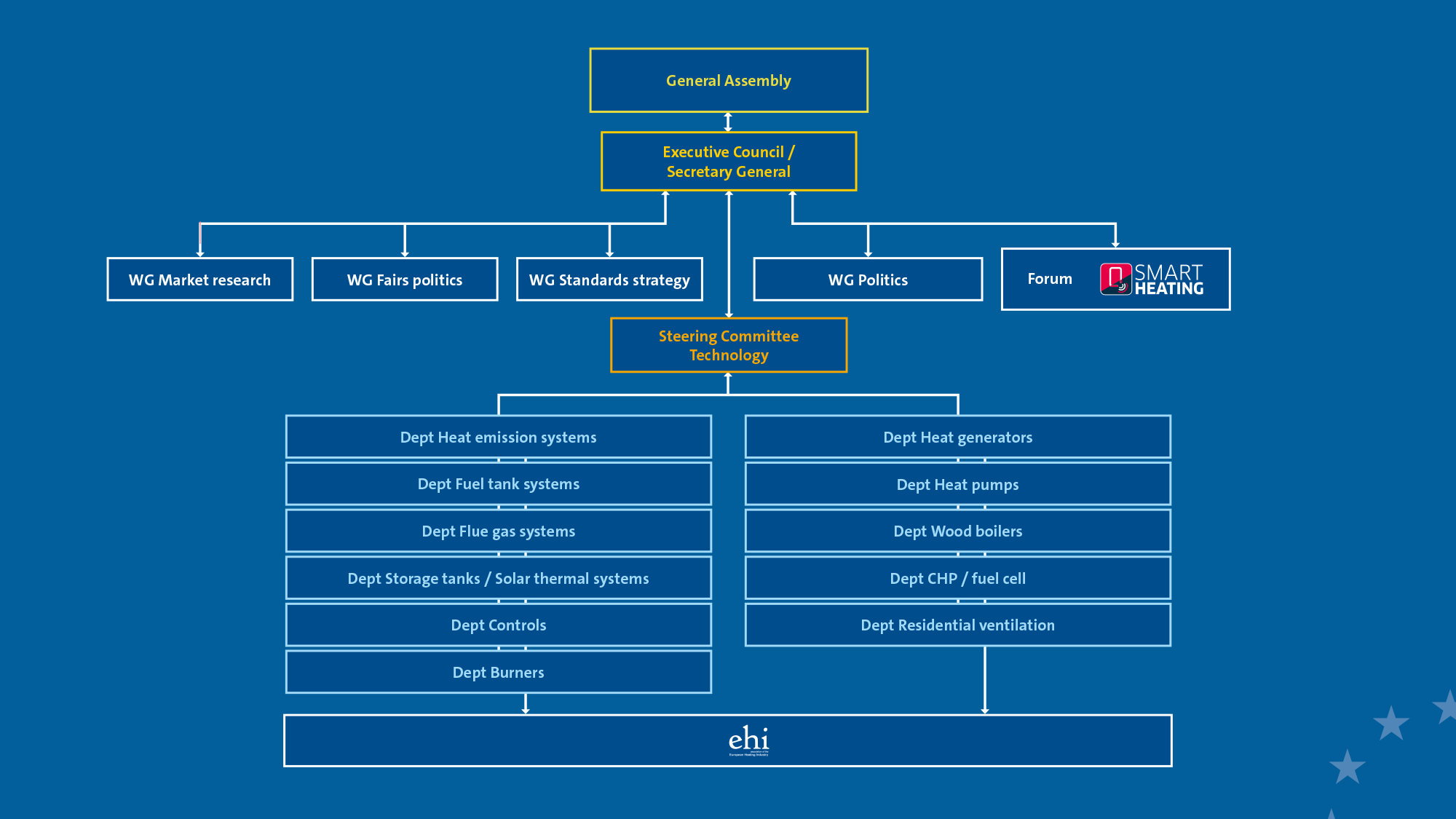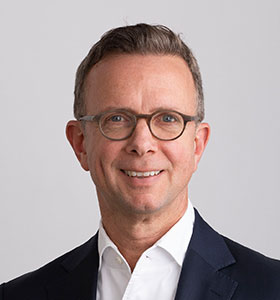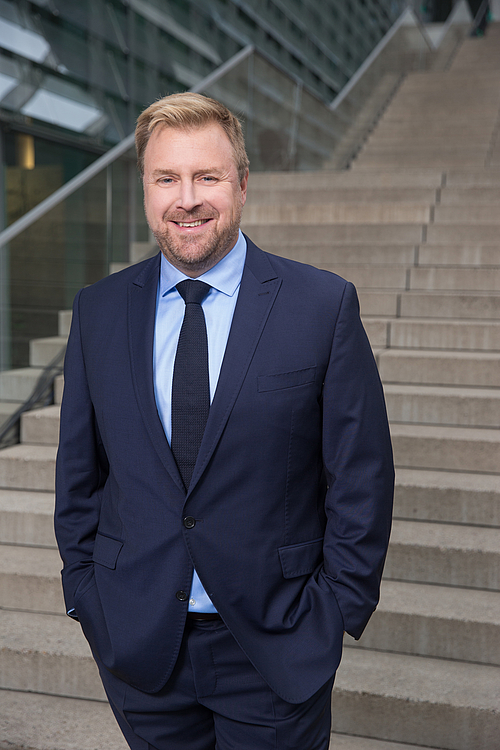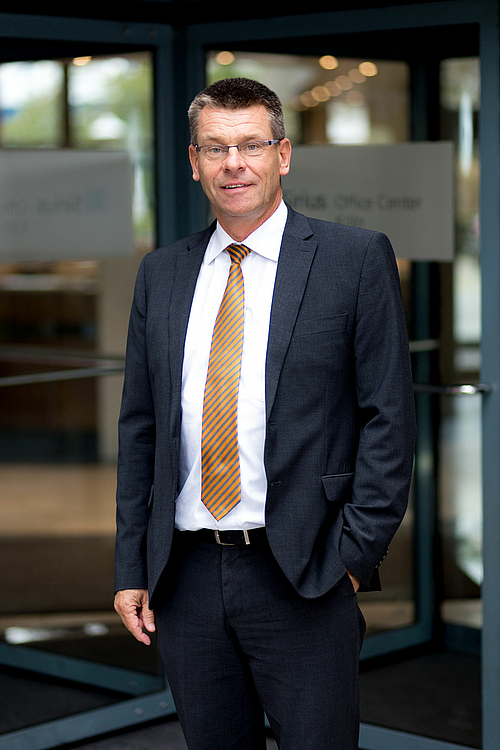German and non-German manufacturers from the embedded surface heating and cooling industry are organised in this department. The technical and commercial committee of this department handles comprehensive issues involving heat transfer. In addition, product-specific issues relating to embedded surface heating and cooling and heating elements are discussed in separate bodies.
The technical department of Embedded surface heating and cooling is also member of Department 12 "Surface heating and cooling" of the European association of the heating industry, EHI. The technical department of Heating elements is also a member of Department 7 "EURORAD".
The standardisation in the field of heat transfer, in DIN NHRS NA041-01-69, in CEN TC 130 and at the ISO level is closely monitored.
In the department for fuel tank systems, the common economic and technical interests of the manufacturer of heating oil storage tanks are organized.
There the main issues on the market development, the regulatory and technical issues are discussed, which are for the application of plastic tanks for fuel oil and mineral oil storage of importance. These include in particular the interaction between various European and national regulations and resultant certification matters of heating oil storage.
Since the fuel oil tanks are an essential part of a modern heating system based on mineral oil, the advantage of the system approach in the planning and execution of heating oil systems should be more firmly anchored in the market.
An important focus for the future is the use of biofuels as an addition to traditional fuel oils using renewable resources.
The department organizes the manufacturers of flue gas systems made of stainless steel and ceramics. In the technical committees, it deals with general technical issues relating to the use of flue gas systems made of metallic and ceramic materials. Within the framework of the European Building Products Ordinance, flue gas systems must be certified according to the corresponding harmonized European standards and given a CE mark. The implementation of this regulation and the content of the standards represent the main focus of work. Other main tasks are the support of the activities of the federal states and the German Institute for Building Technology (DIBT) for the further development of building law. This includes in particular changes to the model building regulations (MBO), model firing regulations (MFeuV) and the model administrative regulation for technical building regulations (MVV TB). In addition, the department flue gas systems takes on the representation of the interests of flue gas system manufacturers towards the chimney sweep and the specialist trade. The department is a member of the European organization ECA.
The technical and commercial interests of the manufacturers of oil and gas burners and their components are organised in the technical department for burners.
Important issues related to market developments and technical issues are addressed in this technical department. Details are analysed in the corresponding ad-hoc working groups and proposals are worked out for further processing. The legislation on emissions as defined under the Federal emission protection laws and the impact on standards and guidelines at the European and international level, are in focus. In addition, the use and further development of liquid and gaseous fuels and the problems arising from it, are analysed. In particular, the interaction between the components, firing device and the entire firing system is dealt with.
Since burners and their components are manufactured, installed and operated under various European and national regulations and guidelines, the implementation of these requirements is at the focus. These include directives on energy efficiency, the directive on gas equipment and machinery and the pressure equipment directive. The European CEN standards as well as the international ISO standards are scrutinized in these product areas to create framework conditions that are generally applicable.
An important focal point of the work for the future is the application of bio-fuels as an additive to the conventional heating oils or natural gases by using renewable raw materials.
In this department, issues relating to storage tanks and solar thermal systems are treated.
Storage tanks
In the department, the manufacturers of thermal energy storage (hot water storage) and their components are organized. It deals with technical and commercial issues, in particular market observation, promotion policy and technical standards. In order to create generally applicable framework conditions in these product areas, participation in the European CEN standards committees CEN / TC 164, CEN / TC 57 and CEN / TC 228 is ensured.
Technology and properties of storage tanks
Hot water tanks act as a central component of a modern heating and hot water supply in residential and office buildings. Due to their large variety of types they can fulfill different functions. In domestic hot water tanks, the drinking water needed in the household, which is needed for showering, bathing or cooking, is heated and stored. Buffer storage tanks ensure the heating water supply to the heating system over a long period of time. This enables the coupling of heat from renewable energies and CHP plants. So-called combination storage tanks combine both functions.
Solar thermal systems
The manufacturers of solar thermal systems and their components are organised in this department. The department deals with technical and commercial issues, especially market monitoring, funding policy and technical standards.
Solar thermal systems are used for domestic hot water heating, heating support or for heating swimming pools. In Germany, about 60% of the annual domestic hot water requirement of a single-family house can be met by a solar thermal system of typical size. Auxiliary solar heating systems meet 10-30%, in case of low-energy houses even up to 50%, of the total heating requirement with the usual size depending on the insulation standard of the building. A combination of a modern low temperature or condensate heating with a solar thermal system represents the state of the art of modern heating technology.
Solar systems can be installed on almost any building and should therefore be an integral part of home utilities when constructing new buildings. The solar system can be easily integrated even when existing buildings are modernised.
This technical department organises the manufacturers of measurement and control devices for gas equipment and oil firing equipment, centralised oil supply systems, as well as directly heated ventilation systems - in short controls. This department mainly handles technical issues related to standardisation, as well as the relevant European directives and national regulations to incorporate the technical expertise and perception of the members. At the same time, this department is supported on behalf of BDH by the association of component manufacturers for heating systems (VHB), a cooperative member of FIGAWA.
The VHB is a member of AFECOR, the European association of gas and oil control system manufacturers.
The department is responsible for boilers. This department is a platform for discussing technical issues and also handles product standardisation.
Issues at present include product standardisation (involvement in DIN NHRS as well as CEN TC 57 and CEN TC 164), supporting the development and implementation of eco-design and efficiency directive, handling heat generators as part of the standard for implementing the EPBD, monitoring trade barriers in the EU member states through national laws and regulations, rules on construction and installation, involvement in DIN 4109 'Sound insulation in civil engineering', compiling cross-association position papers as well as information brochures for market partners.
Technical group Large boilers
The technical group "Large boilers" was set up within the technical department for heat generators (Gas/Oil). It deals with specific technical issues related to large boilers with an output of 2 MW to 35 MW. It also deals with issues of market development and represents the interests towards ministries and relevant associations. At the European level, the upcoming requirements for the efficiency of boiler systems, the emission behaviour and ecological fingerprint of the products, which are laid down in the directive for medium-sized combustion systems of 1-50 MW, will have a deep impact on the future framework conditions.
In joint working groups along with the technical department for Heat generators (Gas/Oil), the relevant scope of work is agreed between the divisions of burner and boiler and control equipment. By implementing the European directive on pressure equipment, the previously used national specifications are withdrawn. By involving in the European Standards Committee CEN/TC 269 for shell boilers (EN 12953), the technical group can influence the future technical standards for large boilers.
The manufacturers of heat pumps for building heating and domestic hot water heating as well as component manufacturers (compressors, pumps, pipes and coolant manufacturers) are organised in this department. The members of this technical department handle technical and commercial issues, especially market monitoring, funding policy and their trends and are involved in technical committees of standards. The objective of this technical department is the promotion of heat pumps and the continuous increase of their market share in the heating market.
Technology and properties of heat pumps
As a regenerative heating system, heat pumps can provide energy for space heating, domestic hot water heating and room cooling. With a heat pump, the solar energy stored in various natural sources (water, soil, air) is raised to the required temperature level using technical means. Depending on the heat source, only about 20 - 25% of electrical drive energy is required for generating 100% heat.
This department organises the manufacturer of central heating systems based on biogenic fuels. It deals with technical issues, especially market monitoring, funding policy and technical standards.
Modern wood or pellet boilers have hardly anything in common with the wood heaters of the past, where the flame burns from the bottom to the top. Wood gasification boilers, wood chip furnaces and pellet boilers are used as full-fledged wood based central heaters.
Wood gasification boilers are advanced under fire boilers, where the three combustion phases of drying, gasification and combustion were spatially separated from each other. Central heating systems based on pellets are available with rated powers of 5-35 kW. The power can be reduced in steps up to 30% using an electronic controller. Their efficiency under full load condition is about 90%. They provide a comfortable, fully automatic operation and are characterised by an automatic discharge of the pellets. The fuel is transported to the pellet boiler, and into the combustion chamber using a screw conveyor or a suction pipe. Even the firing is automatic using an incandescent rod (ceramic firing cartridge) or a hot air blower.
Heating with wood or pellets means practising environmental protection, because the burning of wood is CO2-neutral.
The department for CHP/fuel cells deals with the technologies of combined heat and power and fuel cells.
As a supplement to other green technologies, combined heat and power can make a significant contribution to the energy revolution, as it can use renewable fuels (such as green hydrogen) and thus realize controllable positive effects on networks and systems in the networked energy system of the future.
The manufacturers of centralised and decentralised room ventilation systems for small residential buildings as well as component manufacturers (fans, control technology, measuring instruments) are organised in this department. The members deal with technical issues, especially market monitoring, funding policy and technical standards. These include preparing information brochures for market partners and end-customers, standardisation projects and uniform European certification processes.
Use of ventilation systems
Modern construction techniques and the requirements of the Energy Saving Ordinance are increasingly focusing on better air-tight constructions for residential buildings, both in new buildings as well as in renovation projects. The strong insulation of buildings, places very high demands on the ventilation behaviour of the residents compared to the earlier "non-tight" constructions. All the efforts of heat insulation using structural measures will go in vain if there is a permanent draft of air through tilted windows. On the other hand, insufficient ventilation may result in structural damages and may affect the health of the residents. In isolated cases, the lifestyle habits of the residents or noise sources do not allow adequate ventilation. Crucial improvements are obtained by using a ventilation system, which supports the residents in their efforts to ensure optimum room ventilation. Apart from the heat insulation and modern heating technology, a ventilation system is a necessary element of a modern energy efficient building.
A controlled residential ventilation increases the well-being by providing constant fresh air and helps those suffering from allergies by installing special filters.
Controlled residential ventilation creates an optimum balance between the energetic, structural and hygienic requirements and contributes towards the conservation of natural resources by saving energy effectively.
The department for energy management systems (EMS) deals with the energetic networking of energy producers, storage systems and consumers in buildings. Linking this to the smart meter gateway as an interface to the networked energy system is another focus.
An energy management system organizes the energy flows in the building in such a way that costs and comfort are optimized for the end user.
The Forum Smart Heating deals with questions of digitization and networking across all technical departments of the BDH.
A special focus is placed on the political framework. The development of the networked energy system of the future is viewed strategically and effects on the industry are derived.
Another current focus is accompanying the discussion processes on the “digitization of the energy transition” with the Federal Ministry of Economics and BSI.





